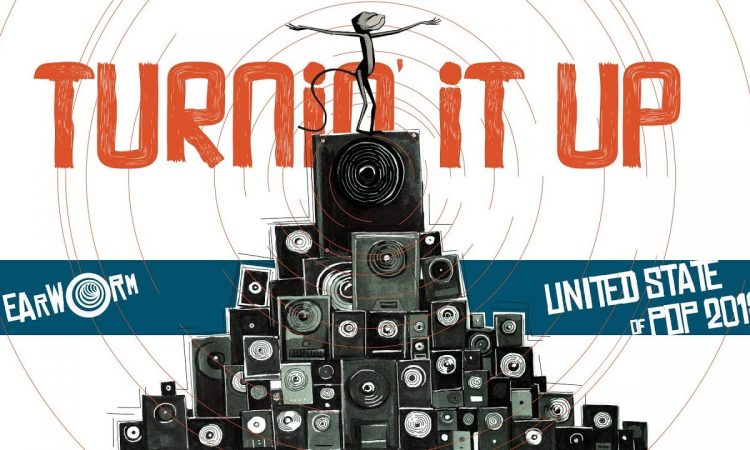Most albums build their legacy in the decades following their release. Nirvana’s In Utero is not one of those albums.
Instead, its legacy was built in the months leading up to its release; it was Nirvana’s “difficult” album, their attempt at committing career suicide. The recording sessions with Steve Albini were tension-filled, the resulting songs deemed “too raw” to receive airplay on radio, and the band were at war with their record label, who were debating whether they’d release the album at all.
As it turns out, very little of that was actually true. Yet, as In Utero celebrates its 20th anniversary, most of it is still considered fact, the footnotes to what would end up being Nirvana’s final studio album. Time has a way of obscuring the truth, after all.
Oddly enough, at the time, Nirvana seemed keenly aware of the rumors surrounding the album (probably because they had spent much of 1993 talking about them). So when they sat down with MTV News on the day In Utero hit stores, they were intent on setting the record straight… sarcastically, of course.
“Oh, you know, we were out to commit commercial suicide. Piss off our A&R man. We didn’t care what was on the record, we just wanted to put out a raunchy record, just for controversy’s sake,” bassist Krist Novoselic sighed. “We like stressing everybody out, our management, our label, ourselves. We feed off it, it’s some dysfunction we have.”
“We paid Steve Albini $2 million to produce it,” Kurt Cobain slyly added, “only because of we wanted the same sound he got from other bands like Breeders and Pixies. You’ve probably heard of them.”
Twenty years later, you can still feel their frustration. Because like In Utero, much of the mythology surrounding Nirvana was incorrect, too. They were routinely portrayed as surly and serious, the reluctant banner carriers for a scene and a sound. Sure, some of that was their own fault, but as anyone who knew the band on a personal level — like former MTV staffer Amy Finnerty — will tell you, they were actually pretty funny guys.
At the time, Cobain was well aware of the public’s perception of him, though he knew he was powerless to stop it. Which, in a sense, is what a large portion of In Utero was about … that’s why, 20 years later, it stands as both a fascinating examination of a band at a career crossroads, but of an artist determined to define himself on his terms. And if most folks didn’t understand what he was trying to say, well, that’s just because they weren’t in on the joke.
“We wanted to call it I Hate Myself And Want To Die, … but, just like [the song] ‘Rape Me,’ the title itself confuses people. People would take it too literally, they’d think we were being serious, because no one sees the funny side of us hardly,” Cobain said. “If we take a photo shoot, we may smile and make goofy faces 90 percent of the time, but if we frown for three seconds, they’ll use those three-second shots. I’ve noticed this image of us being this serious, angry, pissed-off band … I don’t know if [people] want that or if it’s turned out that way.”
Get More:
Nirvana, Music News
[via MTV]
DOWNLOAD ON DMS
NIRVANA




